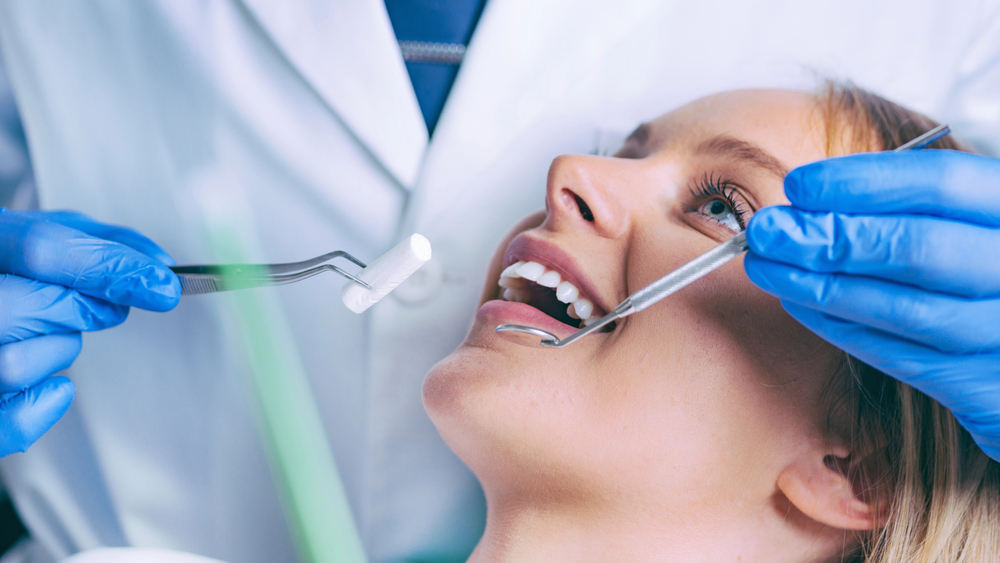Teeth whitening has become a significant trend in recent years, with more people seeking brighter smiles. The demand for whiter teeth has led to an influx of over-the-counter (OTC) whitening products, marketed by various corporate companies. While these products promise dazzling results, there are growing concerns about their safety and efficacy. This article explores whether OTC whiteners are a risky business for your teeth.
The Allure of a Whiter Smile
A bright, white smile is often associated with health, youth, and attractiveness. This cultural preference has driven the booming market for teeth whitening products. From strips and gels to toothpastes and mouthwashes, the variety of OTC whitening products is vast. Corporate companies aggressively market these products, touting quick and easy results at a fraction of the cost of professional treatments.
How OTC Whiteners Work
Most OTC teeth whitening products contain hydrogen peroxide or carbamide peroxide as their active ingredients. These substances work by penetrating the enamel and breaking down stains on the tooth surface. The concentration of these bleaching agents in OTC products is generally lower than what is used by dental professionals.
Potential Risks and Side Effects
Despite the convenience and accessibility of OTC whiteners, their use is not without risks. Some of the potential side effects include:
1. Tooth Sensitivity: One of the most common side effects of teeth whitening is increased tooth sensitivity. The bleaching agents can penetrate the enamel and reach the dentin, causing temporary or sometimes prolonged sensitivity to hot and cold temperatures.
2. Gum Irritation: Improper application of whitening products can lead to gum irritation and chemical burns. The bleaching agents can irritate the soft tissues in the mouth, causing discomfort and redness.
3. Enamel Damage: Overuse or misuse of OTC whiteners can lead to enamel erosion. The enamel is the protective outer layer of the teeth, and its erosion can result in increased tooth sensitivity and vulnerability to cavities.
4. Uneven Whitening: OTC products may not whiten teeth evenly, especially if there are variations in the color of your teeth due to fillings, crowns, or natural discoloration. This can result in a patchy or unnatural-looking smile.
Regulation and Safety Concerns
One of the primary concerns with OTC teeth whitening products is the lack of stringent regulation. While professional treatments are performed under the supervision of a dentist, OTC products are used by consumers without professional guidance. This lack of oversight can lead to improper use and increased risk of side effects.
Corporate companies that manufacture and market these products often emphasize their safety and effectiveness in their advertisements. However, the claims made by these companies are not always backed by scientific evidence. The American Dental Association (ADA) has approved some OTC whitening products, but many on the market have not been evaluated for safety and efficacy.
The Role of Corporate Companies
Corporate companies play a significant role in shaping consumer perceptions of teeth whitening. Through extensive marketing campaigns, they create a demand for whiter teeth and position their products as the ideal solution. However, the primary goal of these companies is profit, which can sometimes overshadow concerns about consumer safety.
The aggressive marketing tactics used by corporate companies can be misleading. For instance, advertisements may show dramatic before-and-after photos that do not accurately represent the typical results. They may also downplay potential risks and side effects, leading consumers to believe that OTC whiteners are completely safe.
Professional vs. OTC Whitening
Given the potential risks associated with OTC whiteners, many dental professionals recommend seeking professional treatment for teeth whitening. Dentists can provide a thorough examination to determine the most appropriate whitening method for each individual. They can also ensure that the treatment is applied correctly, minimizing the risk of side effects.
Professional whitening treatments may be more expensive than OTC products, but they offer several advantages. These treatments typically use higher concentrations of bleaching agents, leading to more effective and longer-lasting results. Additionally, the procedure is monitored by a dental professional, ensuring safety and addressing any issues that may arise during the treatment.
While the convenience and affordability of OTC teeth whitening products are appealing, they come with potential risks that should not be overlooked. Tooth sensitivity, gum irritation, enamel damage, and uneven whitening are some of the possible side effects. The lack of regulation and oversight further complicates the situation, making it crucial for consumers to be cautious.
Corporate companies have a significant influence on the teeth whitening market, often prioritizing profit over consumer safety. Their marketing strategies can create unrealistic expectations and downplay the potential risks of OTC whiteners.
For those seeking a brighter smile, it is advisable to consult with a dental professional. Professional treatments, although more costly, offer safer and more effective results. Ultimately, the health and integrity of your teeth should be the top priority when considering any whitening treatment.

